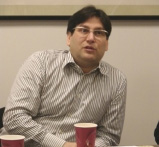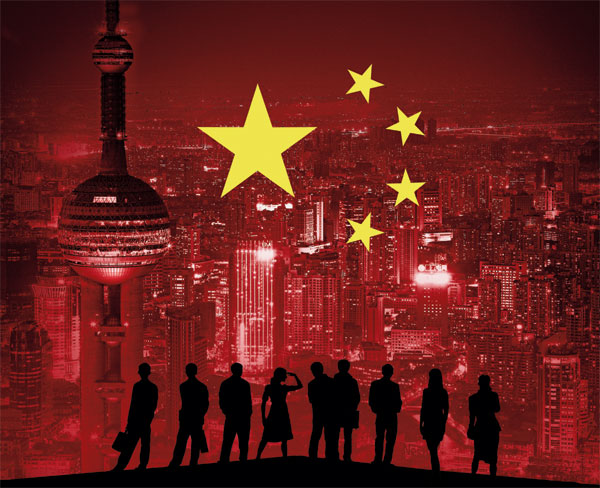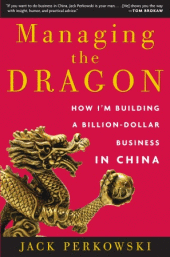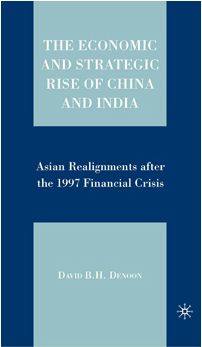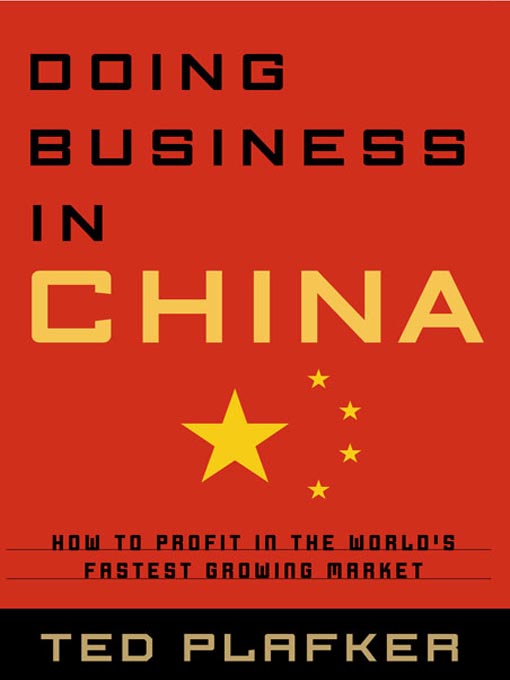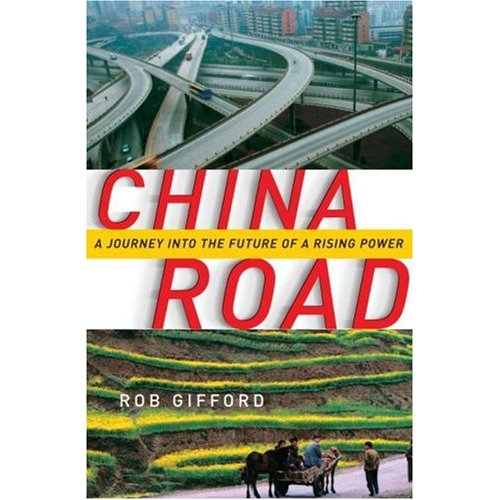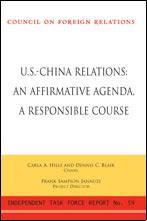Recent Events
James Heimowitz, President & CEO, North Asia and Chairman, China of Hill & Knowlton Asia Ltd., gave National Committee members an insider’s view of the media and public relations issues surrounding the Beijing Olympics. Hill & Knowlton is responsible for all media relations for the Beijing Organizing Committee of the 2008 Olympic Games (BOCOG). The […]
The National Committee and the Asia Society cosponsored the premiere of Young & Restless in China, a documentary film that follows the lives of nine young Chinese over the course of four years.
The National Committee convened a conference call program for its members on the morning of March 24, to discuss the outcome of the March 22 Taiwan presidential election. While the election of KMT candidate Ma Ying-jeou was not a surprise, his large margin of victory was. The KMT, with its control of the Executive Yuan […]
Jack Perkowski, chairman and CEO of ASIMCO Technologies, gave National Committee members and guests a snapshot view of his experiences in building an automotive parts business in China.
The December 2007 UN-sponsored Bali climate summit highlighted the main challenge to negotiating a post-Kyoto framework to address climate change: American and Chinese unwillingness to accept binding limits on greenhouse gas emissions. Specialists Rob Bradley and Joanna Lewis discussed U.S. and Chinese government approaches to international climate change negotiations, how the two countries influence each […]
David Denoon, an economist and political scientist on the faculty of New York University, gave National Committee members and guests an overview of the key findings of his recently published study, The Economic and Strategic Rise of China and India: Asian Realignments After the 1997 Financial Crisis. This public program was held on the evening of January 8 in New York.
How do academics and journalists write about China? How might they draw upon each others’ work in order to give Americans a more accurate picture of developments – current and historical – in China?
Concern about the safety of products imported from China has added a new source of tension to U.S.-China trade relations. In this off-the-record conference call with National Committee members, three specialists offered their analysis of how the current issue has developed over the course of the last several months, examined dynamics within China that contributed […]
China has made great strides in introducing a modern body of law and legal institutions over the course of the past 30 years. In the process, it also has raised the legal awareness and expectations of its citizens. Yet the country still faces major hurdles in enforcing laws, ensuring an independent judiciary and facilitating the access of ordinary citizens to the legal system.
Ted Plafker is a Beijing-based correspondent for The Economist. In his book, Doing Business in China: How to Profit in the World’s Fastest Growing Market, he highlights promising economic sectors, provides information on China’s legal landscape, and offers advice on how to promote and distribute products to Chinese consumers, among other topics.
National Public Radio correspondent Rob Gifford traveled along China’s Route 312, from the dynamic metropolis of Shanghai to the remote border region with Kazakhstan. In China Road, Mr. Gifford uses people and scenes from his three thousand-mile trip to illustrate how China’s booming economy has, among other things, generated new opportunities for citizens, prompted a […]
In April 2007, the Council on Foreign Relations published the report of the independent task force it had convened to consider to a range of critical issues in the U.S.-China relationship. This distinguished group of specialists recommended that U.S. strategy toward China be directed toward an “affirmative agenda of integrating China into the global community” […]
